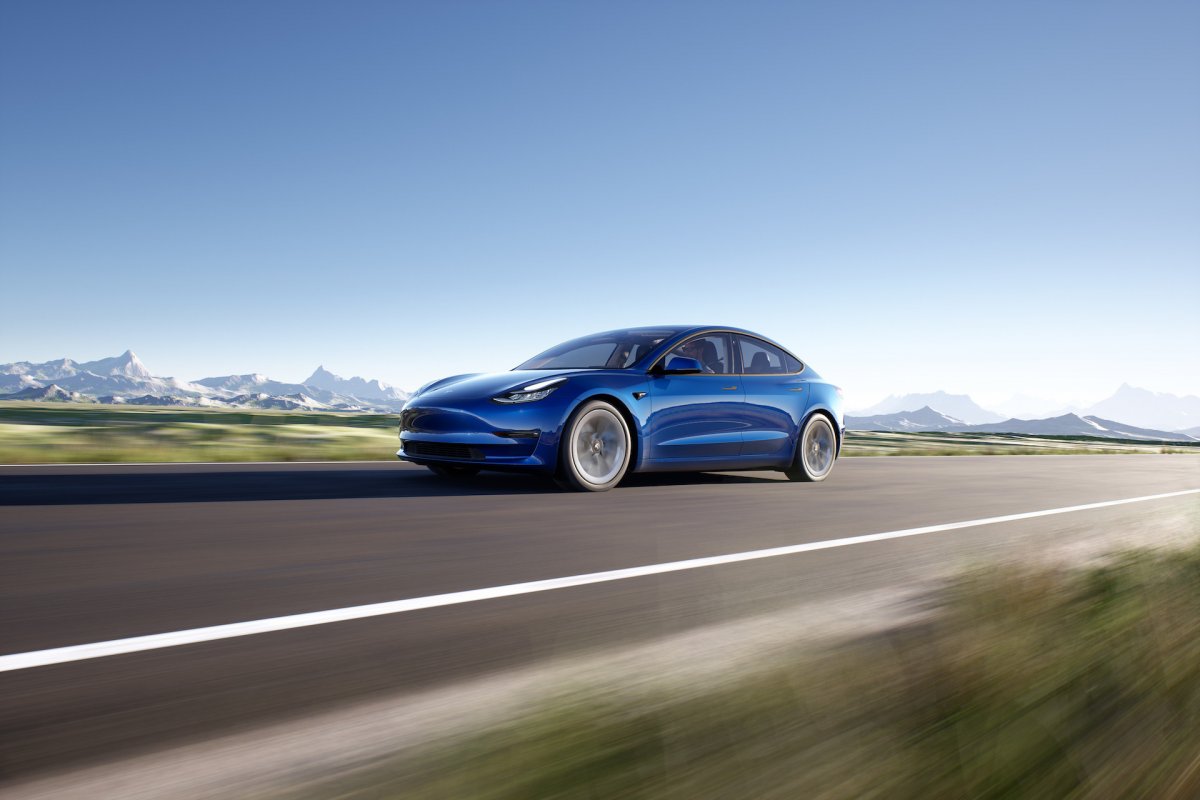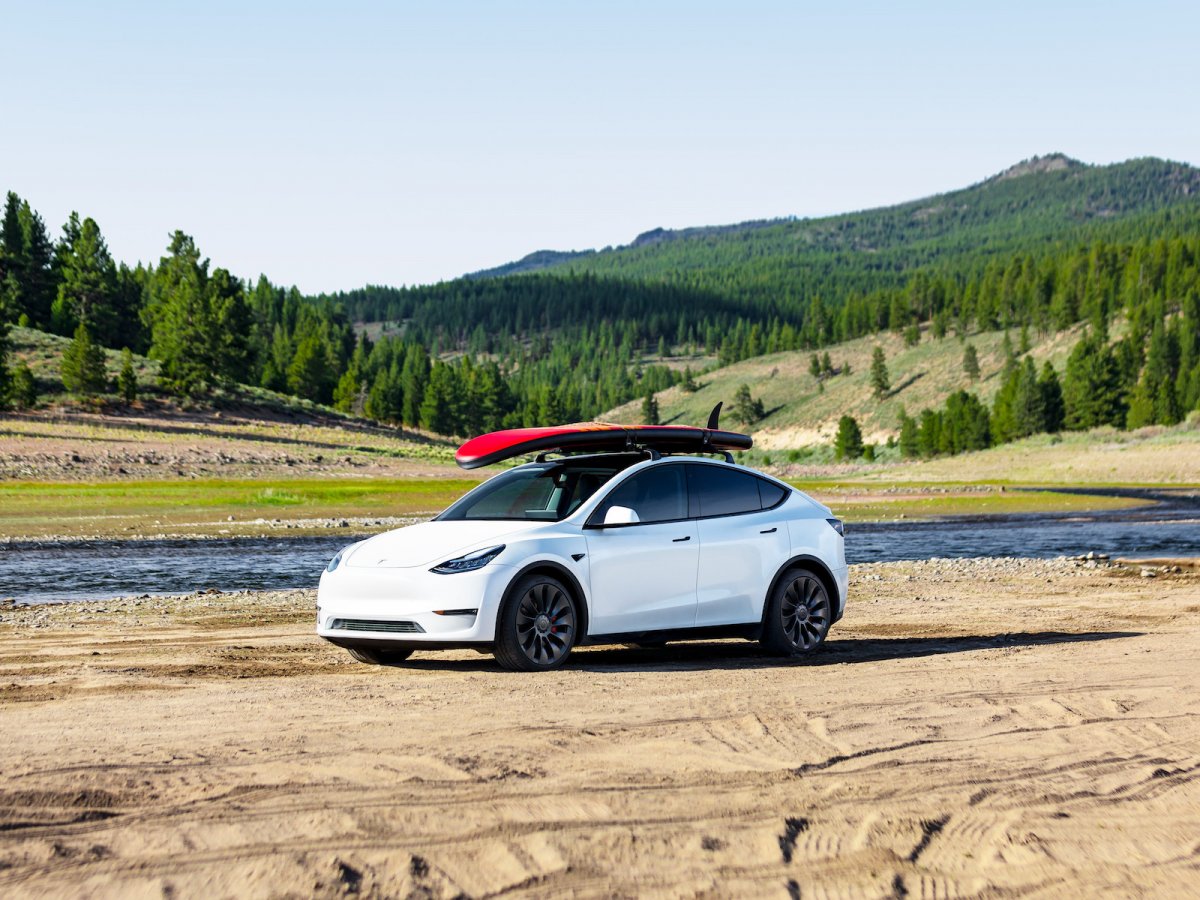The dust has settled on the year's first quarter, and most electric vehicle (EV) startups are having liquidity issues as investors aren't as quick to dole out dollars.
Canoo recently issued a going concern notice, warning its investors that it may run out of cash soon. Faraday Future CEO Dr. Carsten Breitfeld told Newsweek last year that if someone asked him for advice on starting a car company, he'd tell them to avoid it.
Even for the better-positioned names, like Tesla and Rivian, there's an appreciation for the difficulty of breaking into the automotive industry.
CEO Elon Musk recently told the Financial Times that starting a car company is "mega pain" and, "It is the furthest thing from easy money you could possibly imagine."

It may not be easy money, but Mizuho Securities managing director and analyst Vijay Rakesh told Newsweek that Tesla's performance over the last year signals great growth potential over the next year.
"To arrive at 28 to 30 percent margins is incredible," he said. "The margins are now beating longstanding legacy OEMs like Toyota. That should drive a very nice roadmap for them."
He added that with recent manufacturing expansions in North America, Europe and Asia, he sees less investor concern about reaching delivery targets. The focus towards the end of the year will be the status of the oft-delayed Cybertruck.

Emmanuel Rosner keeps an eye on both companies as the lead autos and automotive technology analyst at Deutsche Bank. He told Newsweek that Tesla is on track to deliver 1.5 million units by year's end, a 60 percent increase from the previous year.
"So very, very solid execution, both in terms of continuing to produce and deliver during the industry challenges, especially on the supply chain side, as well as ramping up capacity and producing as much as possible within effective capacity," he said.
Among the newer startups, Rivian seems to have the capital necessary to weather the investment drought. They were also the first company to bring an electric pickup to market.
At the end of last year, it reported $18 billion in cash on hand. It's also said recently that it has enough runway to see through to the development of its next-generation R2 product line.

Rosner thinks Rivian is the best-positioned newer startup for growth, saying that management's focus on keeping spending low is encouraging as investment dollars remain constrained.
"Rivian's new decision is to be much more conscious of their spending, to somewhat constrained growth...then trying to get to a free cash flow breakeven position without raising new capital between now and then," he explained. "I think this is a welcome update to their strategy and one that's probably needed in the current macro circumstances."
Rakesh agrees, saying that it will be easier for Rivian to meet its stated 25,000-unit production target for the year because they're not overextending their capacity.
"We are in the camp that it should be easier for them to secure capacity as we see reopenings and we see some supply chains starting to get healed," he said. "So it should be hopefully easier for them to secure some of their supply chain, especially given that the production targets are not that extreme."

Part of what differentiates Rivian from the rest of the pack is its relationship with Amazon, which Rosner says the company can point to for credibility in the market. The startup is making thousands of all-electric delivery vans for the e-commerce giant.
When he looks at the EV startup landscape, Rosner thinks that most startups are not in a position to ride out the current investor pullback. Many of them are burning through cash too fast to not come back to the market as they try to scale production.
"There's going to be a big focus on trying to preserve cash," he said. "But within that [market], there's very few that can get to that level of production as well as be profitable in the next few years without needing additional capital. I think Rivian is, by far, in the best position and there are very, very few other examples."
Uncommon Knowledge
Newsweek is committed to challenging conventional wisdom and finding connections in the search for common ground.
Newsweek is committed to challenging conventional wisdom and finding connections in the search for common ground.





